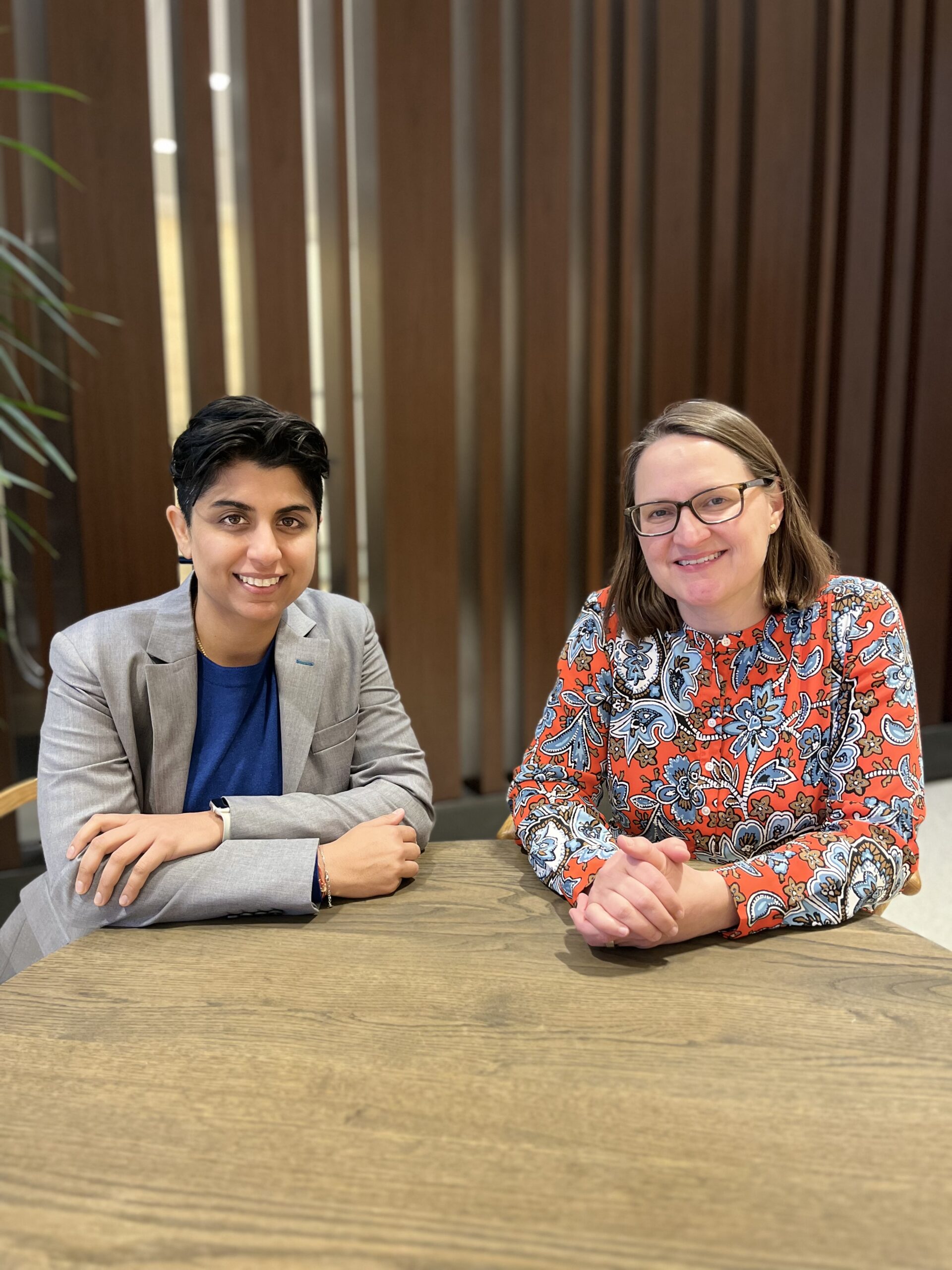ImpactAlpha, May 17 — Investing in higher education and workforce development for minorities and underserved communities, through financing structures like income share agreements, could be a compelling impact investment opportunity.
“From addressing systemic racism and a lot of the challenges we have, we can do great things with this tool and create a lot of impact,” Community Investment Management’s Jacob Haar said at last week’s Impact Capital Forum. “We can also take this tool and just have a lot of short sighted ways to potentially make things worse.”
Income share agreements, or ISAs, allow students to pay for college, coding bootcamps and other educational and vocational training programs with little to no upfront tuition in exchange for a fixed percentage of their future income. ISAs typically don’t require a credit score and co-signer, and don’t accrue interest.
Impact investors have focused more on ISAs on the workforce side, rather than federal financial aid for higher education. Community Investment Management, an early investor in ISAs, has backed platforms like Kenzie Academy, a college alternative that enables students to enroll for as little as $100 and pay for tuition through a share of future income.
“As an impact investment manager who’s interested in supporting innovation to try to better solve the pain points for the underserved, ISAs are an incredible platform to try to drive that agenda forward,” says Haar. “At the same time, there are hurdles from a regulatory perspective.”
Placement rates
At the forum, U.S. Sen. Todd Young of Indiana shared his plans to reintroduce the ISA Protection Act, alongside Senators Mark Warner, Marco Rubio and Chris Coons.
“Our higher education system by many accounts is in crisis when you have $1.6 trillion in outstanding debt and poor college graduation rates,” Young said. “The public sector, the private sector and elected officials have to pave the way for innovative higher education financing solutions and ISAs are one of those potential solutions that will make sense for students.”
Haar called on developing the data set required to better serve students, especially minorities. Data on the education providers, and on the students’ achievements after they graduate, is an area where schools, both for profits and nonprofits have not been held accountable at all, he argued.
San Francisco’s Lambda School, a for-profit platform that offers coding and software engineering education to students regardless of their background through an ISA model, has been called out for “predatory” practices. Three former students have come forward requesting Lambda School to cancel their ISAs and issue a refund, claiming that the school, for example, falsified and misrepresented its job placement rates, Yahoo reports.











